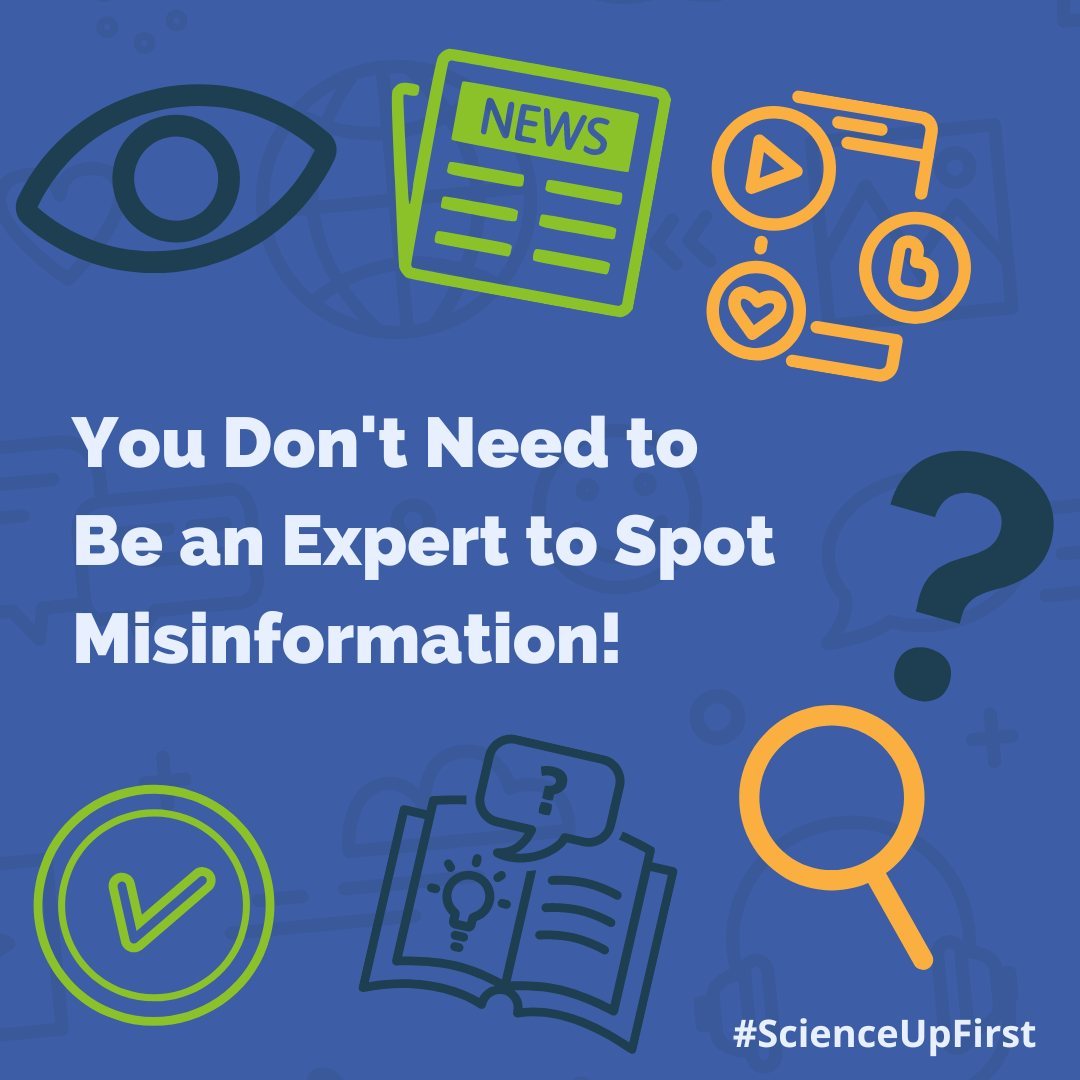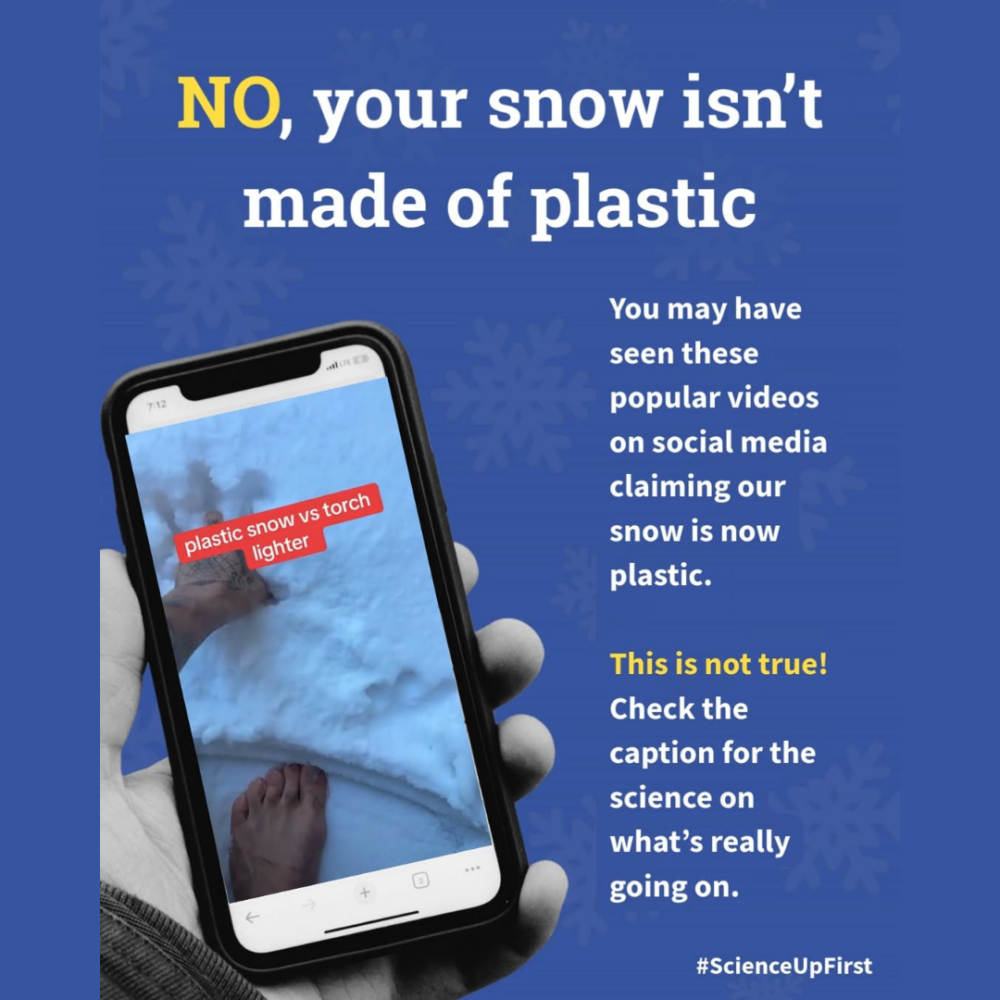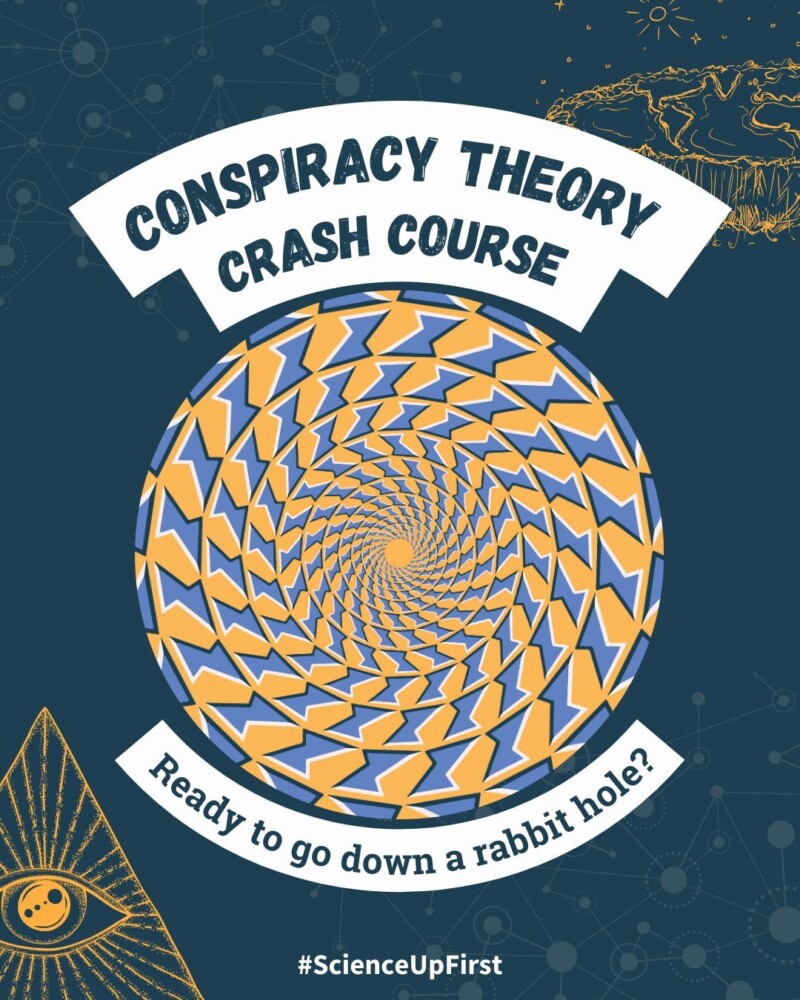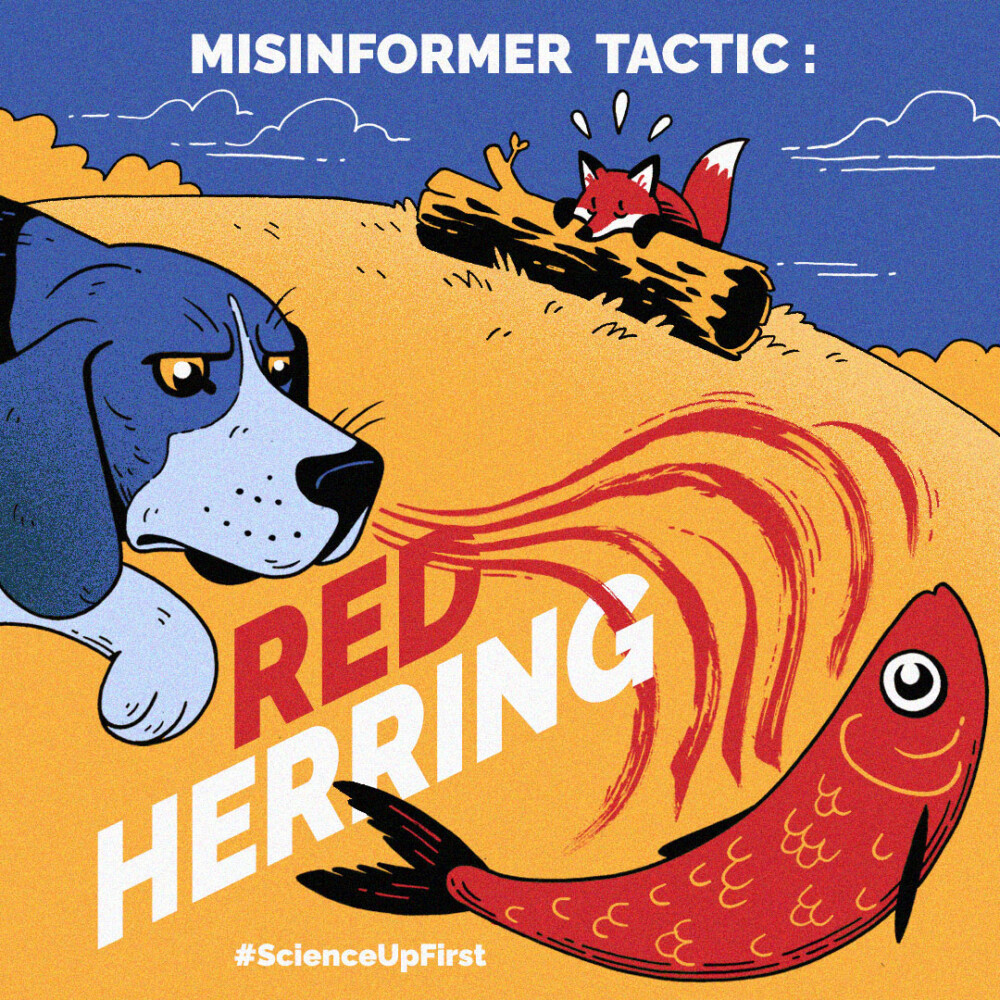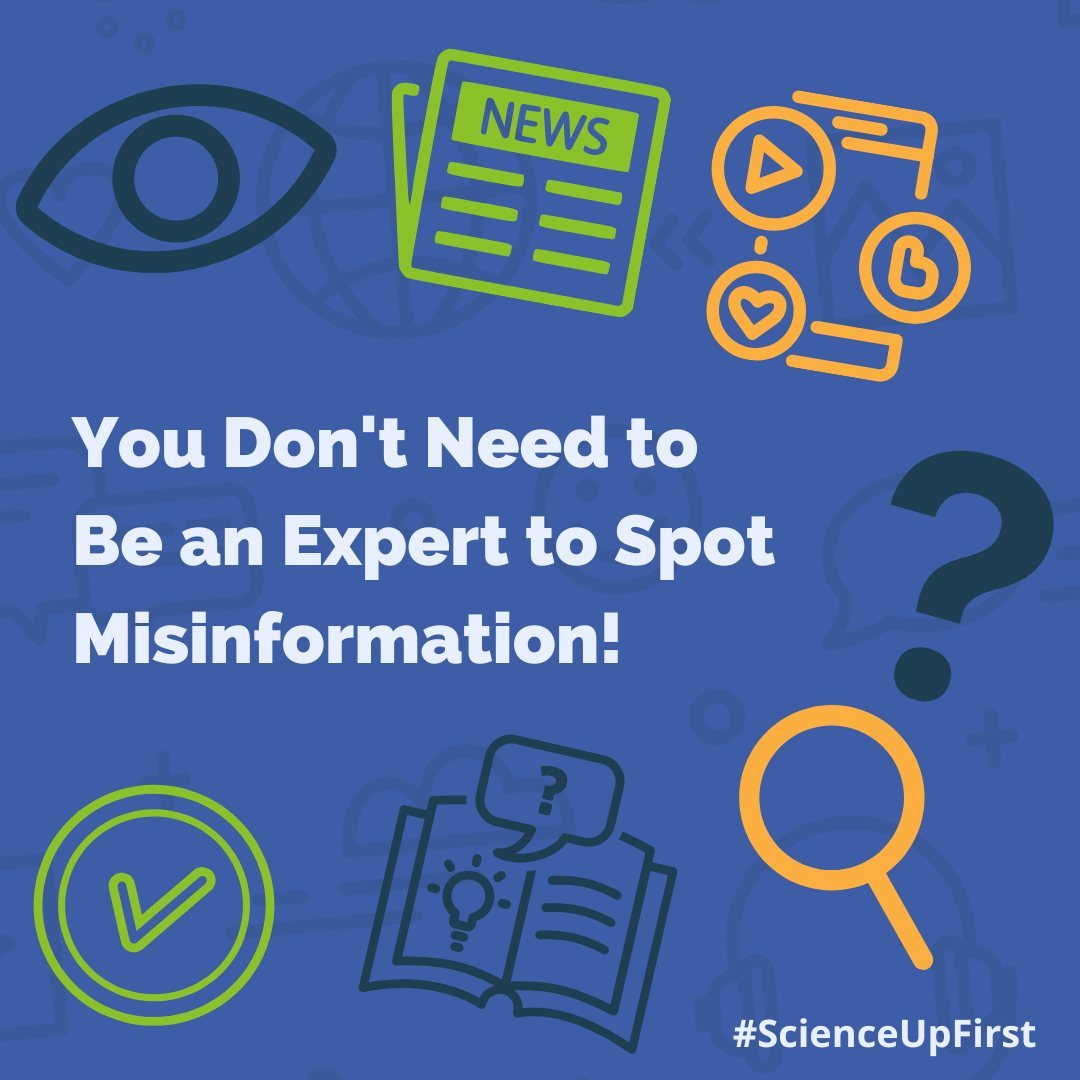
Picture this…
Your uncle emails you a health claim as proof that the latest conspiracy theory is true. It’s full of jargon and outside your expertise – but something about it seems fishy!
It’s not always easy to check if a claim is true, especially if it relates to a scientific or technical field in which you have no background. Fortunately, you don’t need to be an expert yourself to spot misinformation
When face-to-face with a suspicious claim there are a few questions to ask yourself:
- Does the person making the claim have the relevant expertise?
- Does the claim come from a reputable source or peer-reviewed journal?
- Does the claim correspond to what its source suggests? You’d be surprised how often that’s not the case.
- Does the author use manipulation techniques like emotional language, black-and-white thinking, blaming a single individual or group for a complicated problem, and attacking a person rather than an argument?
- Where is the source located on the hierarchy of evidence? Check our post on why some sources have more weight than others.
Don’t have time to ask all these questions? Simply asking ourselves “is this accurate” makes us less vulnerable to misinformation and less likely to pass it on (1).
Share our original Tweet!
Picture this…
Your uncle emails you the latest conspiracy theory health claim. It’s full of jargon and outside your expertise – but something about it seems fishy!
Fortunately, you don’t need to be an expert yourself to spot misinformation #ScienceUpFirst
[1/7] pic.twitter.com/bs1L0yXOzD
— ScienceUpFirst | LaScienced’Abord (@ScienceUpFirst) January 17, 2023
View our original Instagram Post!
View this post on Instagram

